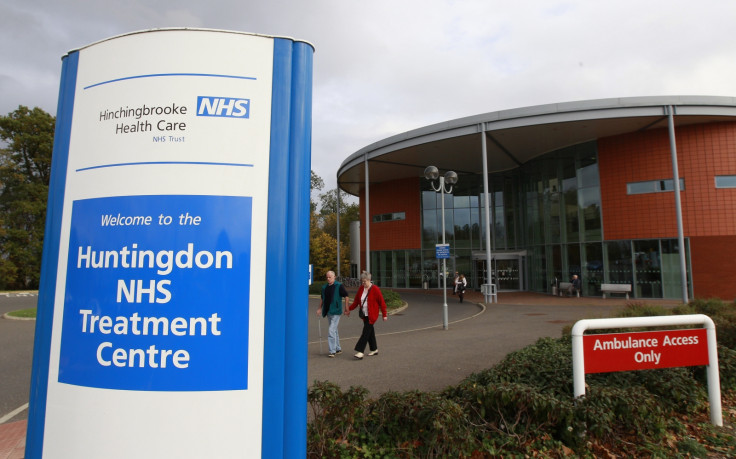Election 2015: Should the NHS be privatised to save money? [Poll]

If you've got a black hole opening up inside of you, you're probably best advised to give the NHS a call. But what if you are the NHS?
Sir David Nicholson, the recently retired chief executive of NHS England, highlighted once again the £8bn-and-growing black hole in the health service's annual funding.
There are massive strains on the NHS. A growing and ageing population, an obesity epidemic, staff shortages, crumbling hospitals -- the list goes on. All of this costs a lot of money at a time when public money is in short supply.
Yet there has never been more pressure on politicians to keep the NHS public and drive out the private sector already working inside it. The NHS has taken on a near-religious status in the minds of many. Having a public health service has become an article of faith.
All parties are committed to spending more money on the NHS and reject claims by one another that they intend to, or already have, privatised parts of it. But, with the dogmatic commitment to making the NHS as public as possible, are we missing a trick?
The funding pressures are only going to increase. So should we start thinking what to many is unthinkable: privatising the NHS.
Pro-privatisation campaigners argue that it would be cheaper for the state because it would only have to pay healthcare costs; more efficient because private enterprise is better at keeping costs down and running things smoothly; private health providers have better health outcomes for patients; and competition in a private market offers patients choice and drives innovation.
Of course, the pro-public NHS campaigners would argue the opposite. The profit motive can be corrupting and making money should not be a priority in healthcare; there would be a loss of democratic control over healthcare, an integral party of any society; and public health services can have equal, if not better, outcomes for patients.
Or perhaps the answer is somewhere in between - a happy blend of public and private to compliment each other's weaknesses and strengths.
Taking the arguments into account and the pressures on the current NHS, what do you think should happen?
© Copyright IBTimes 2025. All rights reserved.





















